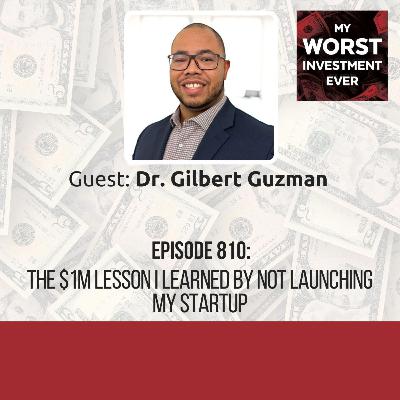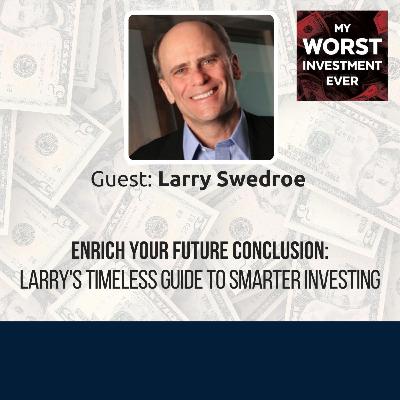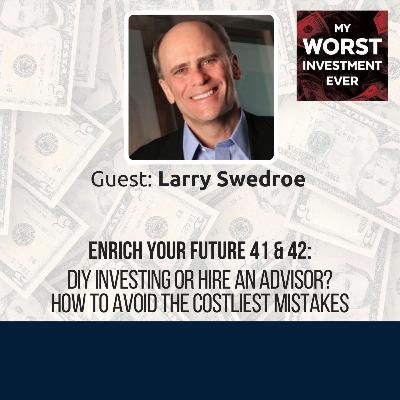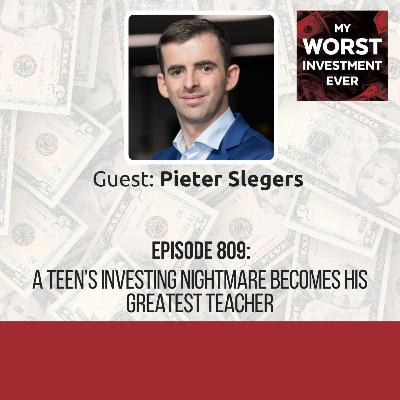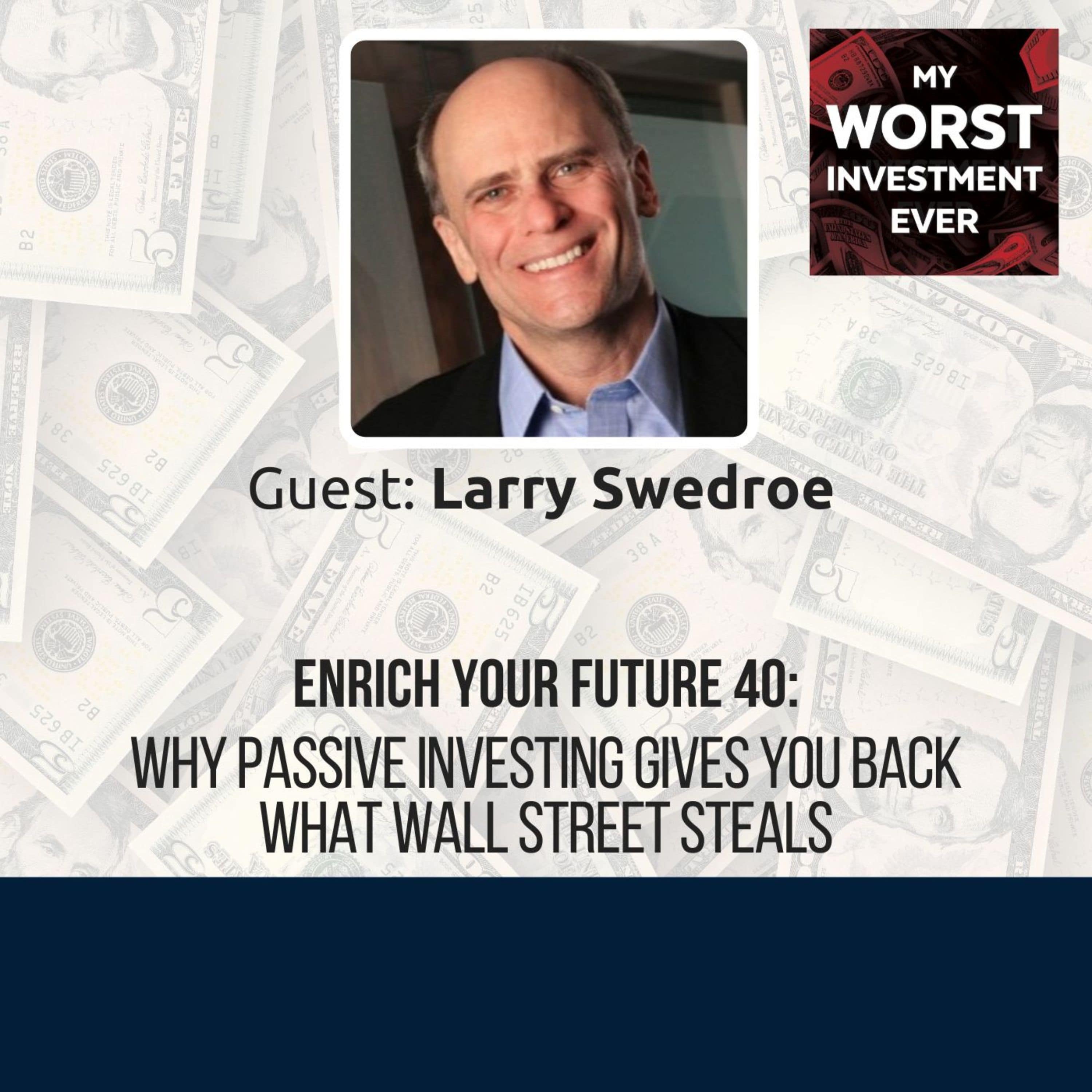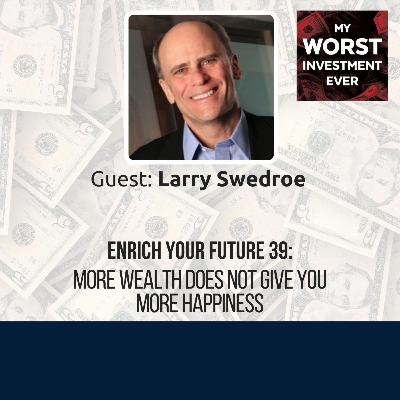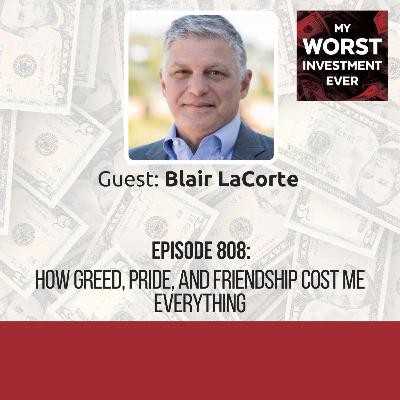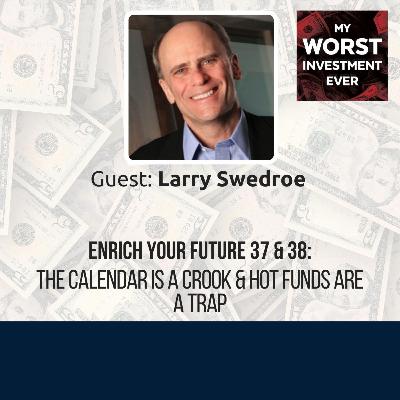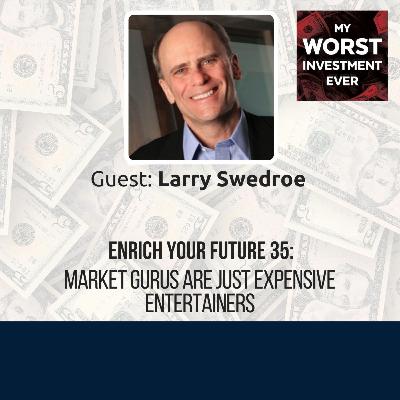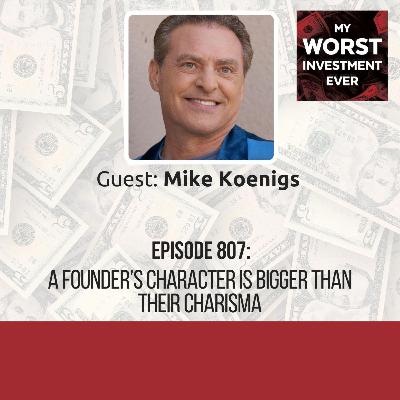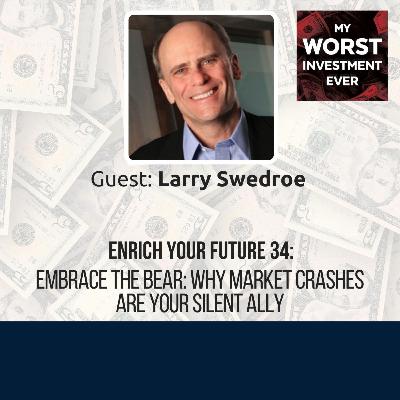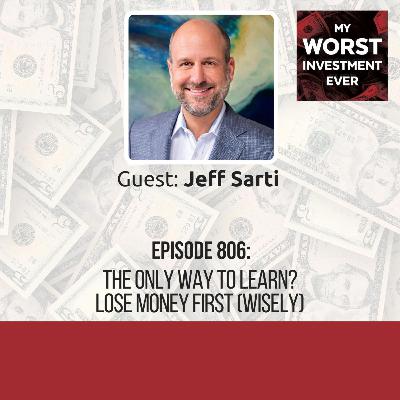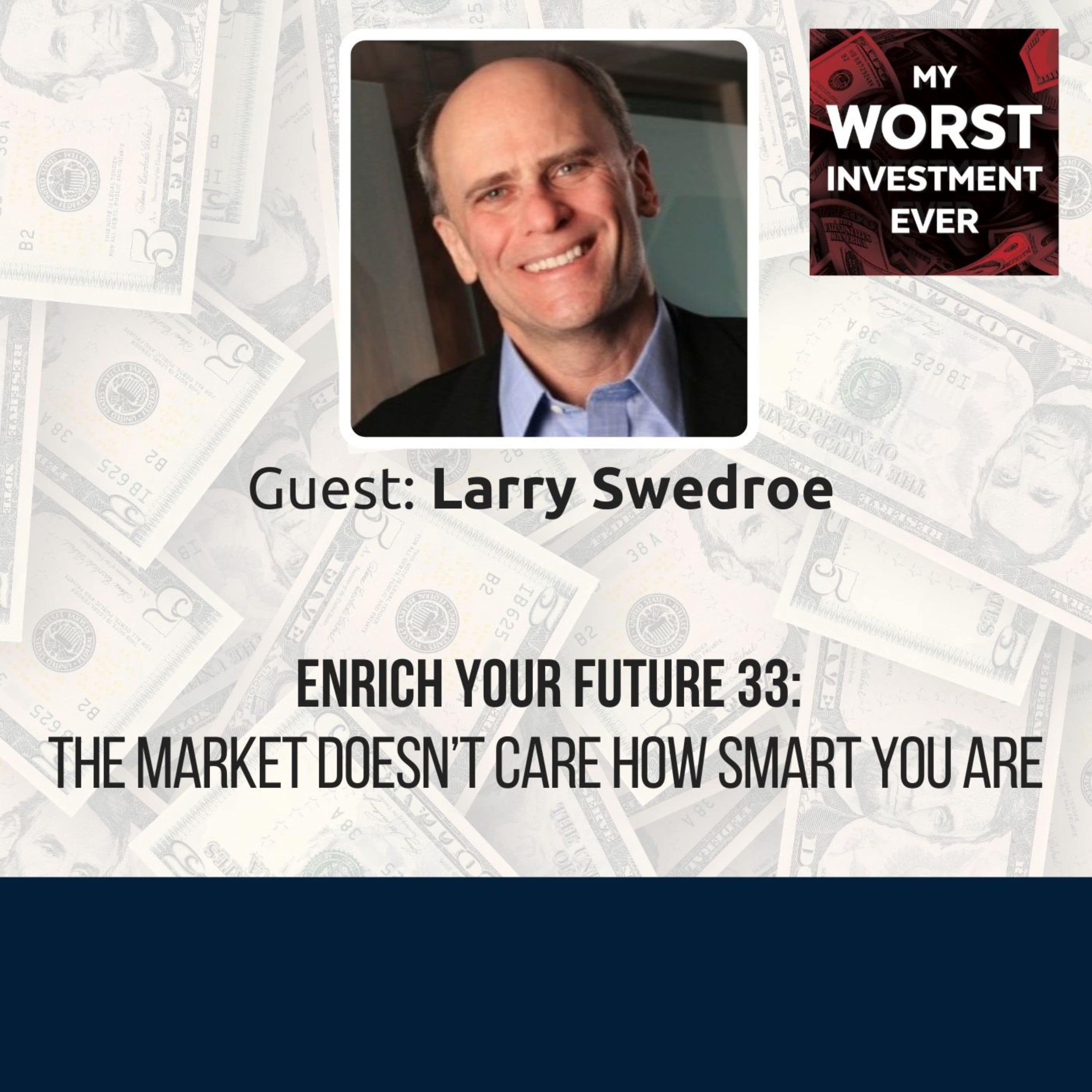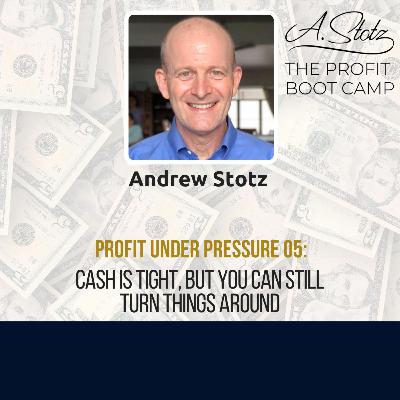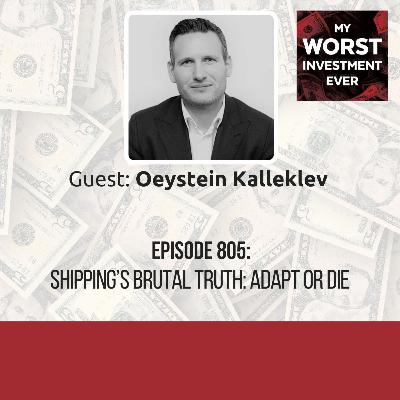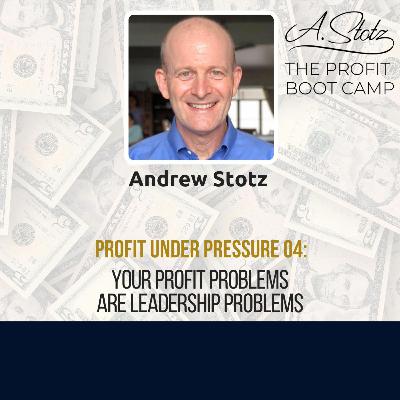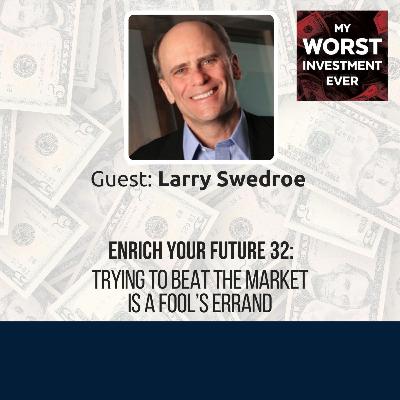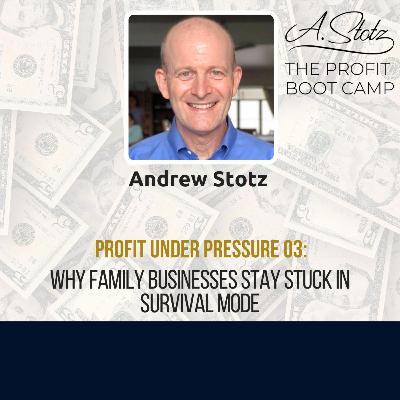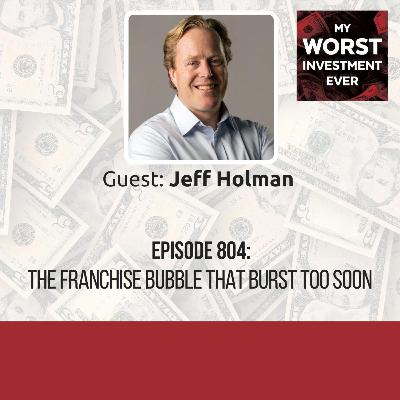Enrich Your Future 21: Think You Can Beat the Market? Think Again
Description
In this episode of Enrich Your Future, Andrew and Larry Swedroe discuss Larry’s new book, Enrich Your Future: The Keys to Successful Investing. In this series, they discuss Chapter 21: You Can’t Handle the Truth.
LEARNING: Overconfidence leads to poor investment decisions. Measure your returns against benchmarks.
“If you think you can forecast the future better than others, you’re going to ignore risks that you shouldn’t ignore because you’ll treat the unlikely as possible.”
Larry Swedroe
In this episode of Enrich Your Future, Andrew and Larry Swedroe discuss Larry’s new book, Enrich Your Future: The Keys to Successful Investing. The book is a collection of stories that Larry has developed over 30 years as the head of financial and economic research at Buckingham Wealth Partners to help investors. You can learn more about Larry’s Worst Investment Ever story on Ep645: Beware of Idiosyncratic Risks.
Larry deeply understands the world of academic research and investing, especially risk. Today, Andrew and Larry discuss Chapter 21: You Can’t Handle the Truth.
Chapter 21: You Can’t Handle the Truth
In this chapter, Larry discusses how investors delude themselves about their skills and performance, leading to persistent and costly investment mistakes.
The deluded investor
According to Larry, evidence from the field of behavioral finance suggests that investors persist in deluding themselves about their skills and performance. This persistent self-deception leads to costly investment mistakes, emphasizing the need for continuous vigilance in investment decisions.
Larry quotes a New York Times article in which professors Richard Thaler and Robert Shiller noted that individual investors and money managers persist in believing that they are endowed with more and better information than others and can profit by picking stocks. This insight helps explain why individual investors think they can:
- Pick stocks that will outperform the market.
- Time the market, so they’re in it when it’s rising and out of it when it’s falling.
- Identify the few active managers who will beat their respective benchmarks.
The overconfident investor
Larry adds that even when individuals acknowledge the difficulty of beating the market, they are buoyed by the hope of success. He quotes noted economist Peter Bernstein: “Active management is extraordinarily difficult because there are so many knowledgeable investors and information does move so fast. The market is hard to beat. There are a lot of smart people trying to do the same thing. Nobody’s saying that it’s easy. But possible? Yes.”
This slim possibility keeps hope alive. Overconfidence, fueled by this hope, leads investors to believe they will be among the few who succeed.
Why investors spend so much time and money on actively managed mutual funds
Larry also examined another study, Positive Illusions and Forecasting Errors in Mutual Fund Investment Decisions, which sought to find out why investors spend so much time and money on actively managed mutual funds despite passively managed index funds outperforming the vast majority of these funds.
The authors concluded that the reason was that investors deluded themselves. They found that most participants had consistently overestimated their investments’ future and past performance.
In fact, more than a third who believed they had beaten the market had actually underperformed by at least 5 percent, and at least a fourth lagged by at least 15 percent. Biases such as this contribute to suboptimal investment decisions.
You are better off accepting market returns
While Larry agrees that it is undoubtedly possible for investors to outperform the market, the evidence demonstrates that the vast majority would be better off aligning their expectations with reality and simply accepting market returns.
At the very least, investors should know the odds of outperforming. Unfortunately, most investors delude themselves about those odds, highlighting the necessity of aligning expectations with reality.
One reason, Larry says, might be that investors are unaware of the evidence. Another is that they don’t know their own track records. Larry notes that this self-delusion helps explain why investors exhibit the common human trait of overconfidence.
Most people want to believe they are above average. Thus, the disconnect investors have between reality and illusion persists.
Always measure your investment returns
In conclusion, Larry advises investors to measure their investment returns and compare them to appropriate benchmarks. Doing so will force you to confront reality rather than allow an illusion to undermine your ability to achieve your financial objectives.
Further reading
- Jason Zweig, Your Money & Your Brain, (Simon & Schuster 2007).
- Jonathan Fuerbringer, “Why Both Bulls and Bears Can Act So Bird-Brained,” New York Times, March 30, 1997.
- Jonathan Burton, Investment Titans, (McGraw-Hill, 2000).
- Money, “Did You Beat the Market?” (January 1, 2000).
- Don A. Moore, Terri R. Kurtzberg, Craig R. Fox, and Max H. Bazerman, “Positive Illusions and Forecasting Errors in Mutual Fund Investment Decisions,” Harvard Business School Working Paper.
- Markus Glaser and Martin Weber, “Why Inexperienced Investors Do Not Learn: They Don’t Know Their Past Portfolio Performance,” (July 21, 2007).
Did you miss out on the previous chapters? Check them out:
Part I: How Markets Work: How Security Prices are Determined and Why It’s So Difficult to Outperform
- Enrich Your Future 01: The Determinants of the Risk and Return of Stocks and Bonds
- Enrich Your Future 02: How Markets Set Prices
- Enrich Your Future 03: Persistence of Performance: Athletes Versus Investment Managers
- Enrich Your Future 04: Why Is Persistent Outperformance So Hard to Find?
- Enrich Your Future 05: Great Companies Do Not Make High-Return Investments
- Enrich Your Future 06: Market Efficiency and the Case of Pete Rose
- Enrich Your Future 07: The Value of Security Analysis
- Enrich Your Future 08: High Economic Growth Doesn’t Always Mean High Stock Market Return
- Enrich Your Future 09: The Fed Model and the Money Illusion
Part II: Strategic Portfolio Decisions
- Enrich Your Future 10: You Won’t Beat the Market Even the Best Funds Don’t
- <a href="https://myworstinvestmentever.com/enrich-your-future-11-long-term-outperformance-is-not-always-evidence-of-skil


